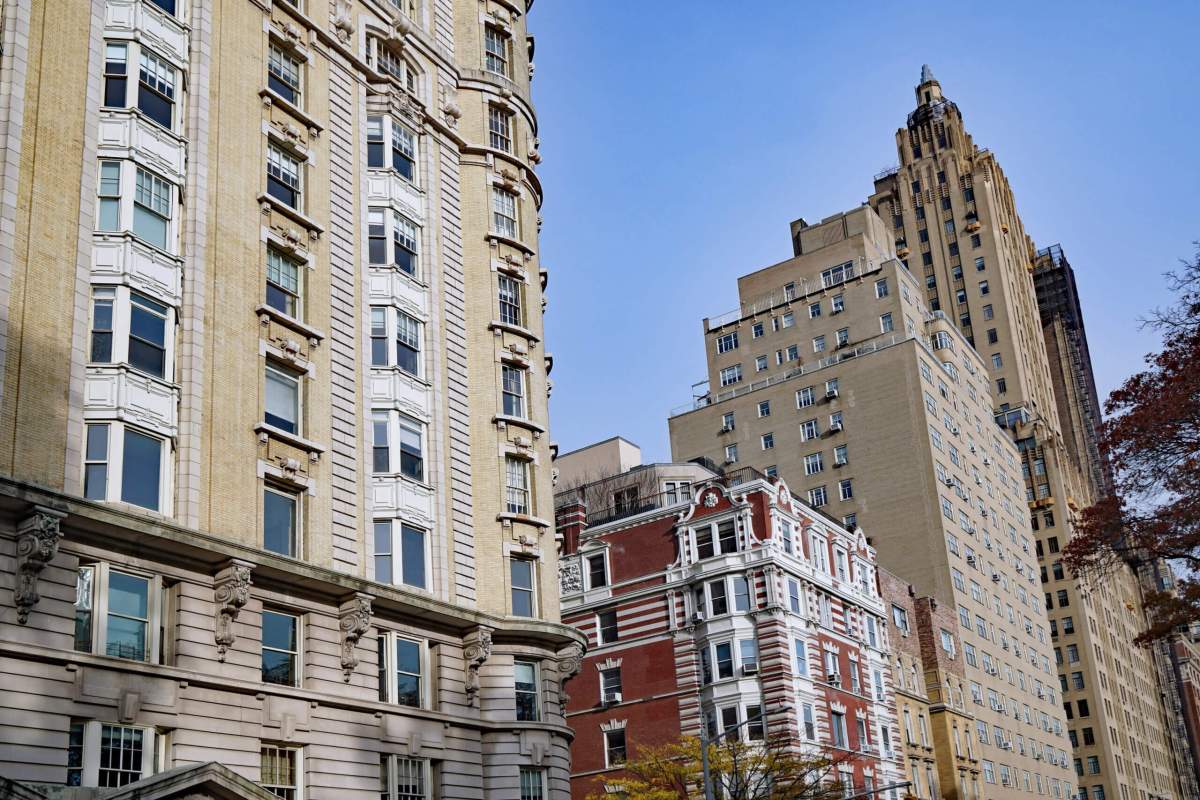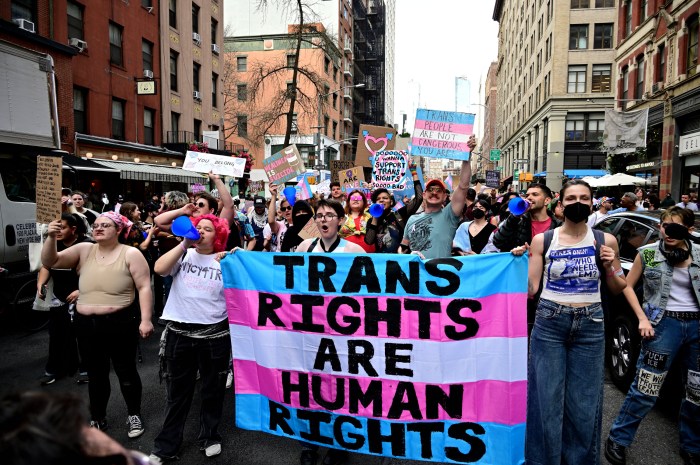‘Tis the season, once again, when lawmakers return to Albany, and the reporters and editorialists are all excited to predict which whims, wants and won’ts will work their way into actual policy. All agree, housing is on the agenda, but will comprehensive housing reform actually get done? 2024 is another election year for our Albany colleagues, with the June primary occurring just days after the session ends, and housing policy is well known to be firmly attached to the third rail of the New York political subway tracks.
But since we’re here at City Hall, waxing philosophical over the cost of living in New York City, we figured we would try, once again, to pitch a realistic way to actually make housing more affordable for homeowners and renters alike. Not to mention, a solution that has near-unanimous bi-partisan support: Reform our broken property tax system!
This is the sixth op-ed we’ve written together on this subject and, frankly, we’re tired of asking. But this latest entreaty comes with a greater sense of urgency. The Court of Appeals this week heard oral arguments on a lawsuit against the city and state filed by a coalition of developers, homeowners and civil rights groups seeking to completely revamp what they claim is a discriminatory property tax system. Should they succeed, the courts will likely be dictating drastic changes to our property taxes – rather than duly elected legislators. Chances are, no one will be happy with the results.
That outcome would be travesty when we already have the blueprint to fix our property tax problems. Two years ago, the New York City Advisory Commission on Property Tax Reform, which was jointly created by the City Council and Mayor, offered substantive measures to make the property system more fair, equitable and transparent, to help keep housing affordable for those who already have it, attainable for those who do not, and predictable for those provide it. It’s worth a read here.
The bottom line is the Commission takes a holistic, systemic approach to longstanding issues that have plagued our property tax system and contributed to our current housing crisis, rather than the piecemeal, quick-fixes that have only made them worse. For example, a proposal to create a separate property class for new construction, multi-family buildings with a lower tax rate could help a small fraction of New Yorkers in the future, but would do nothing for the vast majority of residents, especially those in older buildings in which the high cost of maintenance is passed down to renters.
And for those who haven’t caught on: Property tax reform is housing reform.
It’s frustrating to read about the next far-fetched proposal to help keep people in their homes or to incentivize renovations and residential construction, when we have the blueprint to do just that sitting right in front of us. While we agree with several of our colleagues that a new program to replace the 421a tax exemption is vital to spur new development, it won’t help current homeowners and tenants tomorrow.
The Mayor’s recently unveiled “Mixed-Income Market Initiative” would also be a good solution on paper as well, but putting it into practice might be a challenge.
The city’s department of Housing Preservation and Development is skeletal. These staffing shortages have led to lengthy years-long queues to access existing financing programs. What will happen when the line gets longer? Not to mention, on top of HPD, the applicants still must face the “Royal Rumble” of lengthy bureaucratic bouts: the Universal Land Use Review Process.
To kill the two birds of incentivizing residential construction and keeping existing residents in their homes, we need a more immediate catalyst.
The fundamental reason for reform, however, is, and has always been, fairness. And yet our badly broken property tax system is calcified inequity hidden in plain sight. If we’re going to debate housing reforms through the lens of justice and equity, allowing a property tax system to create far disparate conditions for New Yorkers of all stripes is anything but.
Remember, it doesn’t have to be like this. New York is the only city which calculates its property taxes by requiring more mathematic equations than the moon landing. For the overwhelming majority of municipalities, there is a rate that gets multiplied by the value, then any exemptions or abatements are added in.
Unravelling the mystery has always been the challenge. Our sleeves are rolled up. Are yours?
Joseph Borelli is the City Council Minority Leader and Justin Brannan is the Chair of the City Council Finance Committee


































